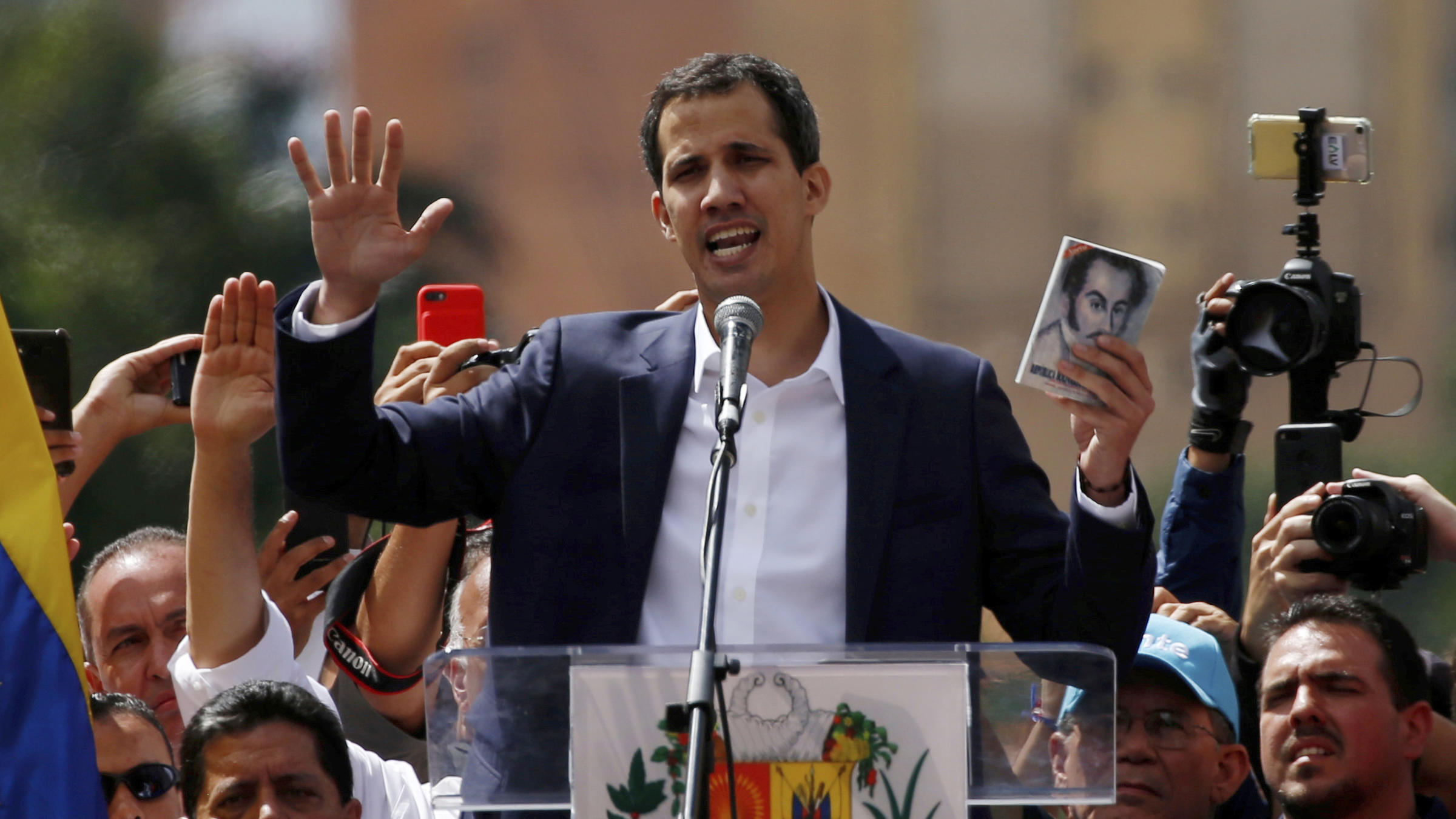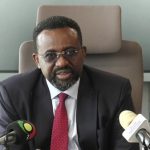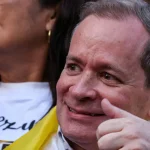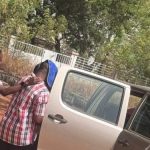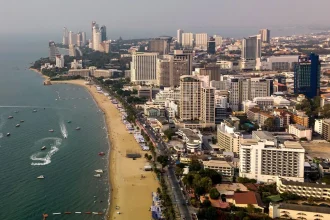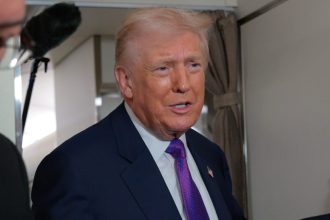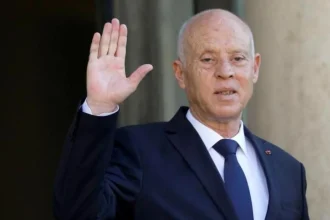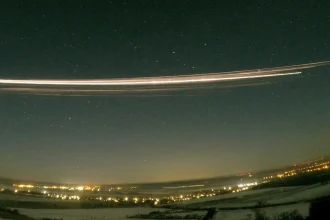Venezuela’s Supreme Court has banned opposition leader Juan Guaidó from leaving the country and frozen his bank accounts.
The move comes amid an escalating power struggle, after Mr Guaidó declared himself interim president last week.
He has been backed by the US and other countries. President Nicolás Maduro has major allies too, including Russia.
The opposition has asked supporters to take part in a two-hour peaceful protest on Wednesday.
It is as yet unclear if Mr Guaidó will attend.
A group of North and South American countries has meanwhile opposed any outside military involvement in the country.
Peru’s foreign minister Nestor Popolizio said the Lima Group – a 14-country body including Canada set up in 2017 to find a peaceful solution to the crisis in Venezuela – was opposed to “military intervention”.
US officials have stated that all options to resolve the crisis “are on the table”.
Venezuela has been facing acute economic problems and there has been an upsurge in violence in recent weeks.
Protests have been held across the country since Mr Maduro began his second term on 10 January. He was elected last year during a controversial vote in which many opposition candidates were barred from running, or jailed.
At least 40 people are believed to have died and hundreds have been arrested since 21 January, the UN says.
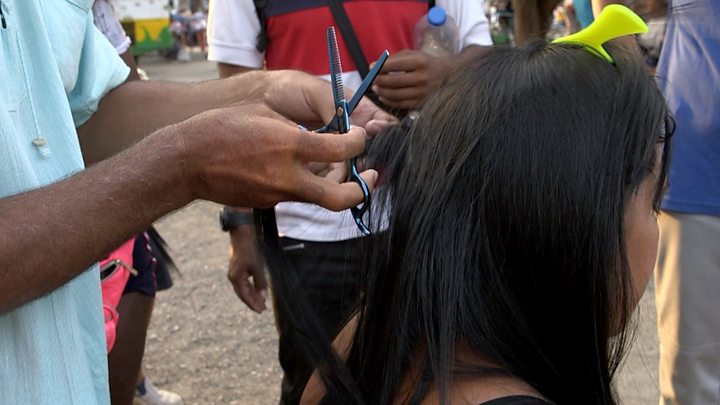
Hyperinflation and shortages of essentials such as food and medicine have forced millions to flee the nation.
What did the Supreme Court decide?
The Supreme Court, which is loyal to Mr Maduro, quickly approved the measures on Tuesday after Attorney General Tarek William Saab asked it to take “precautionary measures” against Mr Guaidó.
The opposition leader “is prohibited from leaving the country” until a preliminary investigation is complete after he “caused harm to peace in the republic”, court head Maikel Moreno said.
As leader of the National Assembly, Mr Guaidó has immunity from prosecution unless subject to a ruling by the country’s top court.
Speaking to journalists as he arrived at the parliament, the opposition leader reportedly said the moves were “nothing new”.
“I’m not dismissing the threats, the persecution at this time, but we’re here, we’re continuing to do our jobs,” he said.
The court decision comes shortly after the US said it had handed control of Venezuela’s US bank accounts to Mr Guaidó, whom it now regards as the country’s legitimate president.
US National Security Adviser John Bolton responded with a tweet warning of “serious consequences for those who attempt to subvert democracy and harm Guaidó”.
We denounce the illegitimate former Venezuelan Attorney General's threats against President Juan Guaido. Let me reiterate – there will be serious consequences for those who attempt to subvert democracy and harm Guaido.
— John Bolton (@AmbJohnBolton) January 29, 2019
Source: BBC


